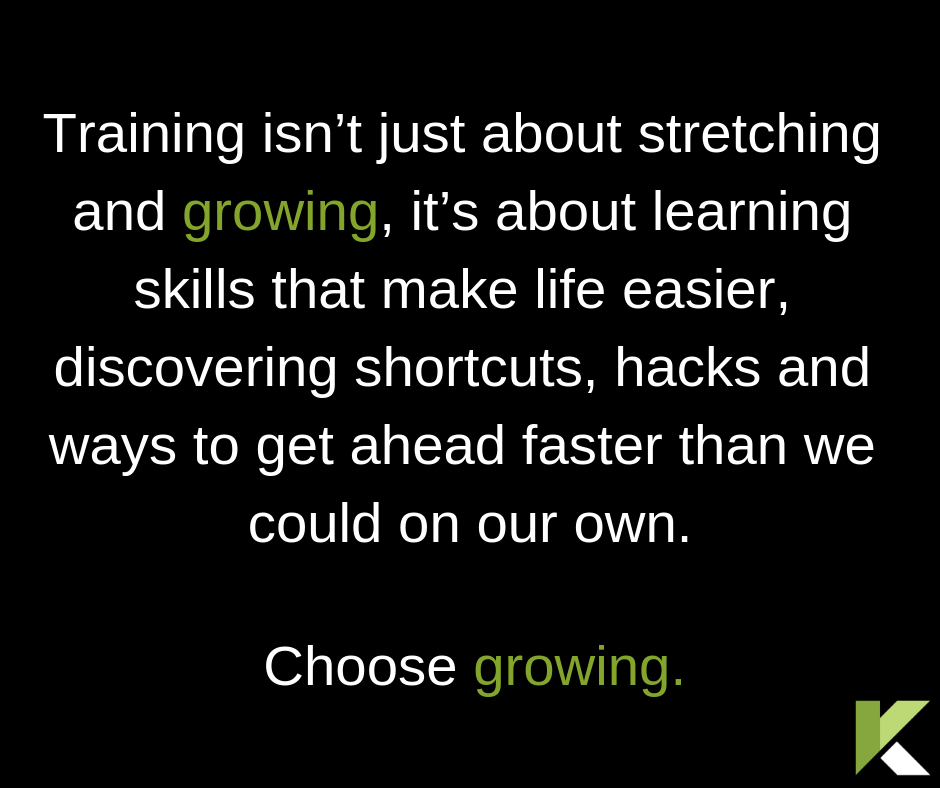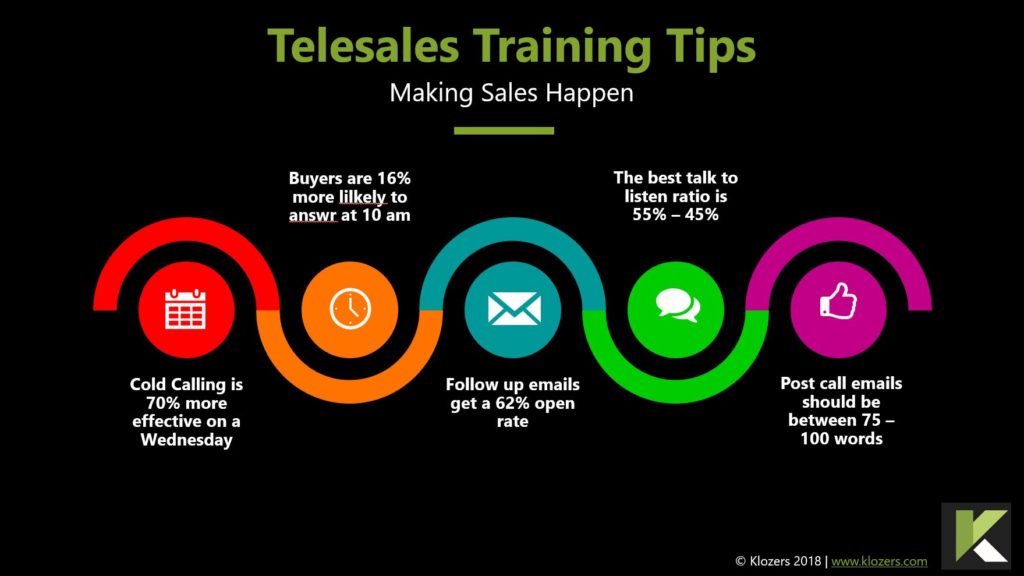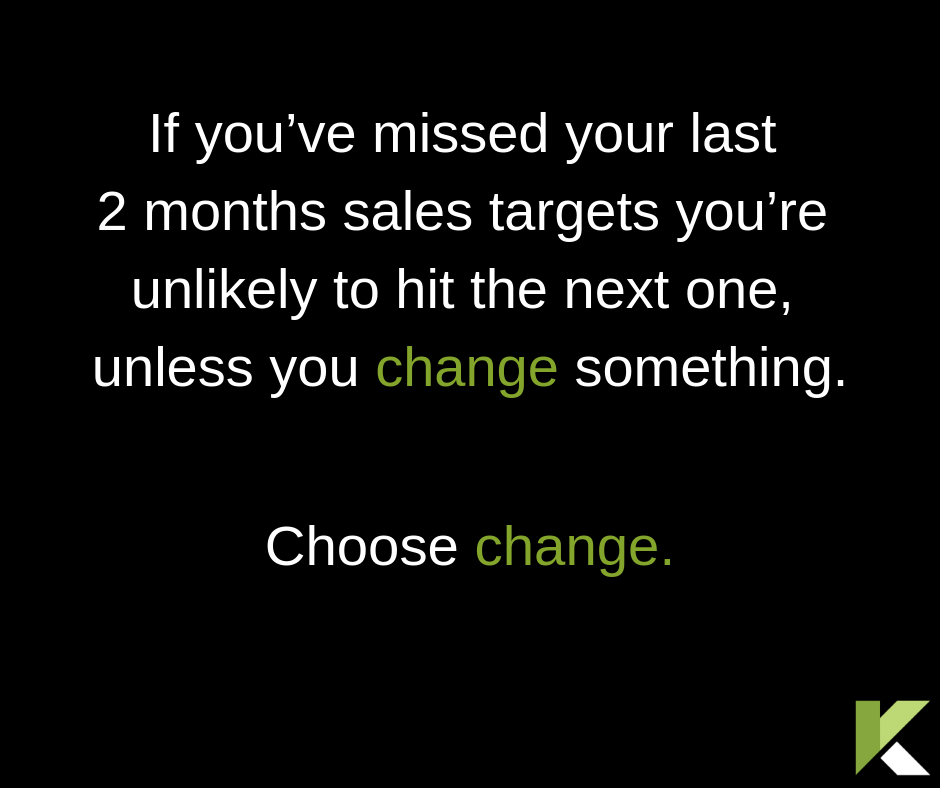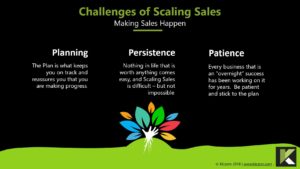1. Understanding Telesales Dynamics
Effective telesales training begins with a deep understanding of the sales dynamics involved. Telesales representatives must be trained to handle various situations and adapt their approach according to the prospect’s behavior. Telemarketing skills such as effective communication, questioning techniques, and presentation skills are crucial. These skills help salespeople control the conversation, identify buying signals, and provide tailored solutions to meet customer needs.
2. Role-Playing and Real-World Scenarios
Role-playing exercises are an essential part of telesales training. These exercises simulate real-world sales calls, allowing representatives to practice their sales skills in a controlled environment. This method helps trainees feel more comfortable and confident when dealing with actual customers. Telemarketing courses often include role-playing sessions to help participants practice handling objections, closing sales, and developing rapport with clients.
3. Continuous Feedback and Improvement
Providing continuous feedback is vital for the development of telesales representatives. Trainers should give specific feedback on areas where representatives can improve and recognize their strengths. This feedback loop helps in refining their skills and increasing their effectiveness. It’s also important to discuss the results of their calls, analyze what went well, and identify areas for improvement.
4. Leveraging Technology and Tools
Incorporating technology into telesales training can significantly enhance learning outcomes. CRM systems, call recording software, and performance analytics tools provide valuable insights into sales calls. These tools help trainers monitor progress, identify trends, and provide data-driven feedback to representatives.
5. Tailored Training Programs
Training programs should be tailored to meet the specific needs of the telesales team. This includes addressing the unique challenges faced by the sales team and focusing on the products or services they are selling. Customizing the training content ensures that representatives receive relevant and practical knowledge that they can apply in their daily activities.
6. Building Confidence and Motivation
Building confidence is key to successful telesales. Representatives should be encouraged to believe in their ability to close deals and overcome objections. Motivational sessions, success stories, and recognition of achievements can boost morale and inspire representatives to perform at their best.
7. Emphasizing Customer-Centric Selling
Training should emphasize the importance of understanding and addressing customer needs. Telesales representatives should be trained to listen actively, ask the right questions, and provide solutions that genuinely benefit the customer. This customer-centric approach builds trust and increases the likelihood of closing sales.
8. Implementing Best Practices
Incorporating industry best practices into the training program ensures that telesales representatives are equipped with the most effective strategies and techniques. Learning from the experiences of successful salespeople and applying proven methods can significantly improve performance.
9. Regular Training Updates
The telesales environment is constantly evolving, and so should the training programs. Regular updates to training content ensure that representatives stay current with the latest trends, technologies, and techniques. Ongoing training sessions help maintain a high level of competence and adaptability among the telesales team.
10. Measuring Training Effectiveness
It’s essential to measure the effectiveness of training programs to ensure they deliver the desired results. Key metrics such as call conversion rates, average deal size, and customer satisfaction scores can provide insights into the impact of training. Regular assessments and reviews help identify areas for improvement and ensure continuous development.
By implementing these effective training techniques, telesales representatives can significantly improve their performance and achieve better results. Continuous learning, tailored programs, and a focus on customer needs are essential components of successful telesales training. By investing in comprehensive training, companies can equip their sales teams with the sales skills and confidence needed to excel in the competitive telesales environment.












